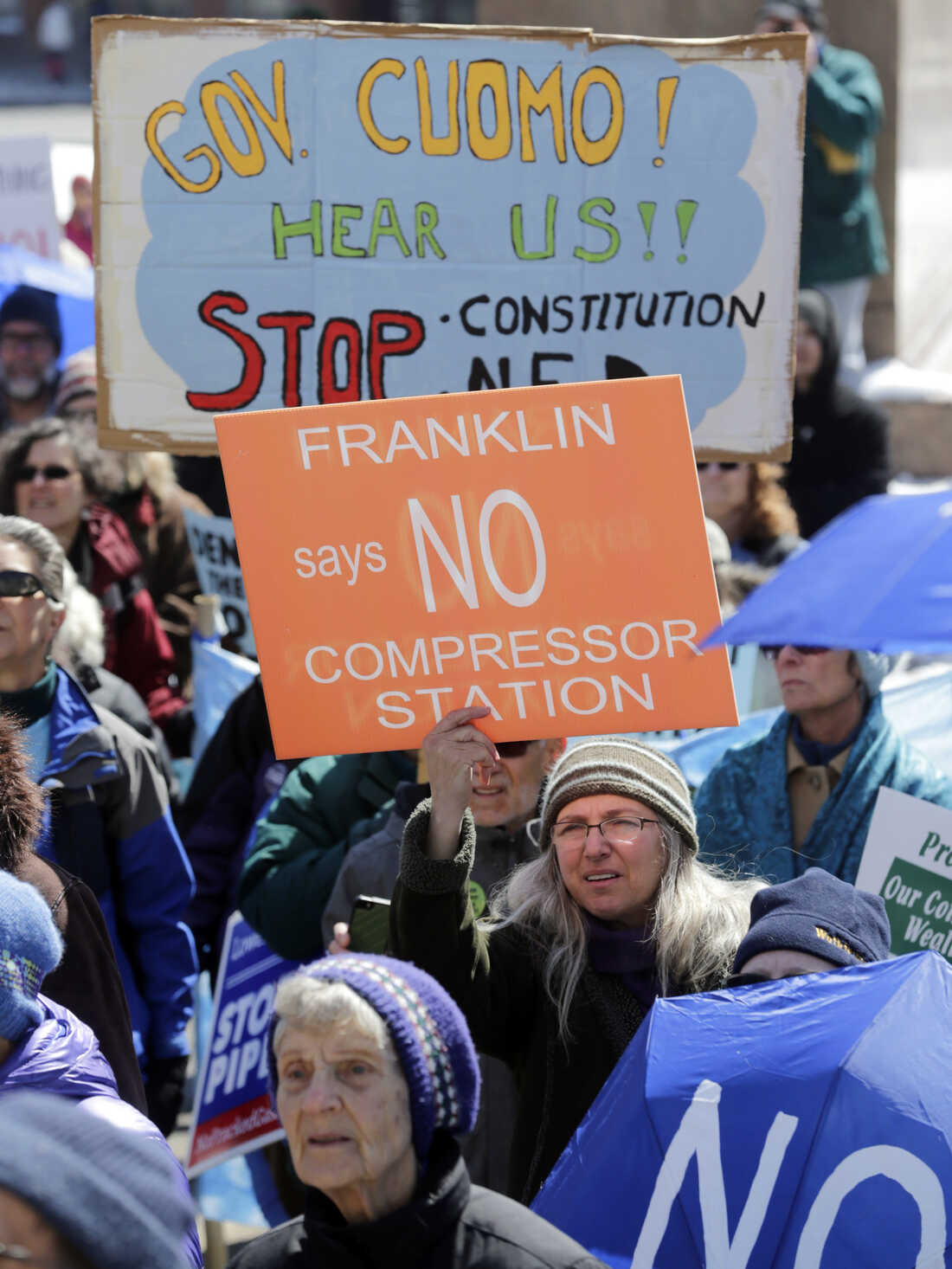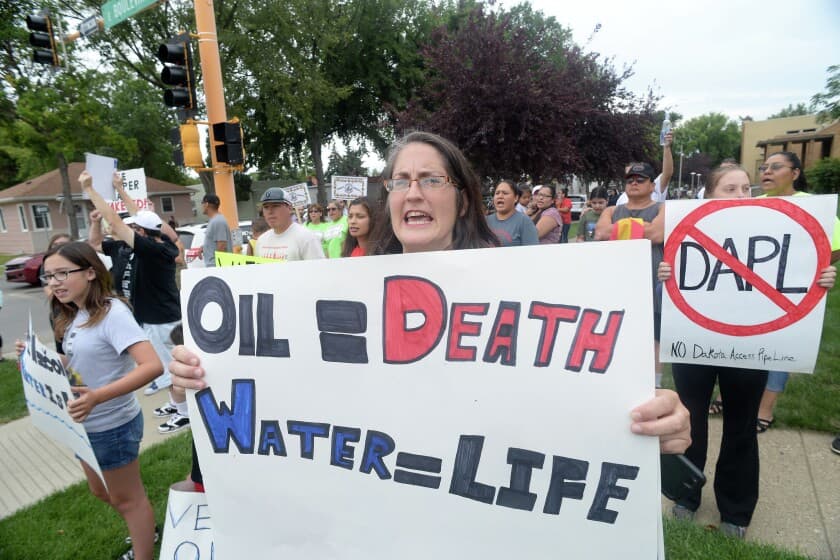Protests Against Infrastructure Face Harsh Legal Repercussions
The criminalization of pipeline protests has escalated, with 15 states enacting laws that impose severe penalties on activists. These laws categorize actions like protesting at pipeline sites as felonies, threatening activists with prison sentences of up to seven years and fines reaching $10,000. This drastic legal shift is not just about maintaining order; it"s a calculated move to silence dissent against destructive fossil fuel projects.
Activism Under Attack
As reported by the University of Georgia, activists across the country are feeling the weight of these laws. The charges are often vague, allowing authorities to interpret them broadly and target peaceful protesters as threats to “critical infrastructure.” This chilling effect is evident in states like Minnesota, where felony charges against Line 3 protesters remain unresolved, creating a climate of fear among those who dare to stand up for environmental justice.

Congestion pricing, pipeline may be on agenda at Hochul-Trump meeting
Environmental Concerns Ignored
Despite overwhelming evidence that climate change poses existential threats, lawmakers continue to align with fossil fuel interests rather than their constituents. According to research by Dietz (2020), events like Earth Day spur environmental concern among liberals and moderates but fail to sway conservative lawmakers who prioritize corporate profits over ecological survival. This disconnect between public concern and legislative action highlights a troubling trend where environmental protections are sacrificed on the altar of economic expediency.
Legal Frameworks Favor Corporations
The increasing complexity of environmental law, as noted in a green legal critique, reveals a system that often benefits corporate interests more than the public good. The proliferation of laws criminalizing protests creates a labyrinthine legal landscape that activists must navigate, often without adequate support or resources. The burden of compliance falls disproportionately on those advocating for environmental protections, further entrenching the power dynamics that favor corporations over communities.

Activists Have A New Strategy …
Implications for Digital Rights and Privacy
The intersection of environmental activism and technology policy is increasingly relevant as surveillance technologies are deployed to monitor protests. Advanced surveillance tools, often justified under the guise of security, pose significant threats to digital rights and privacy. As climate activists organize and mobilize, they must contend with not only legal repercussions but also the erosion of their privacy in the digital age. The implications of this surveillance extend beyond environmental issues, raising concerns about civil liberties in a society where dissent is increasingly criminalized.







![[Video] Gunfire between Iraqi security forces and Sadr militias in Baghdad](/_next/image?url=%2Fapi%2Fimage%2Fthumbnails%2Fthumbnail-1768343508874-4redb-thumbnail.jpg&w=3840&q=75)
